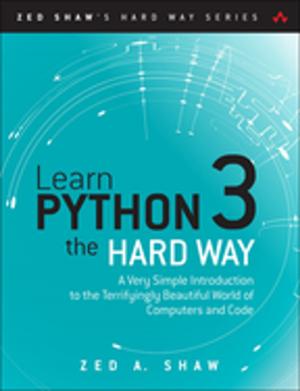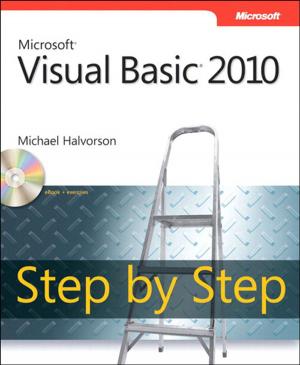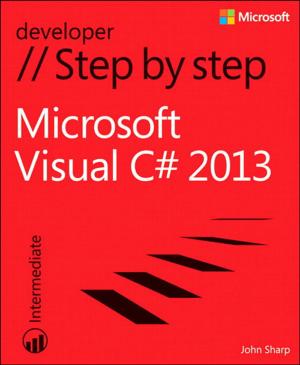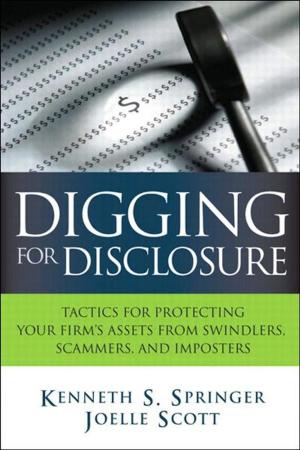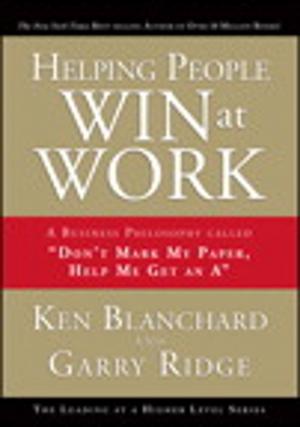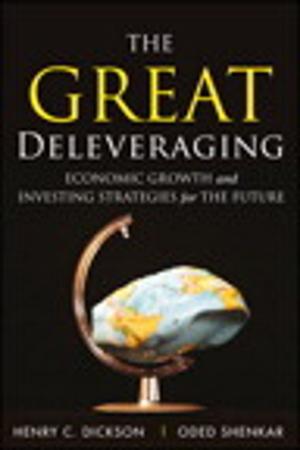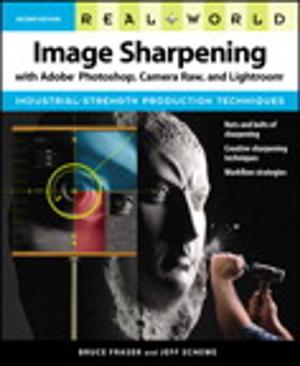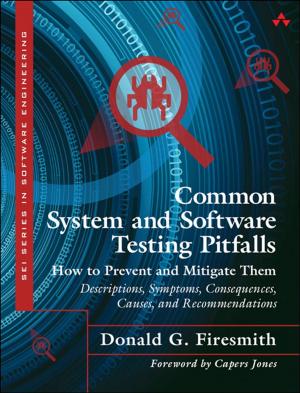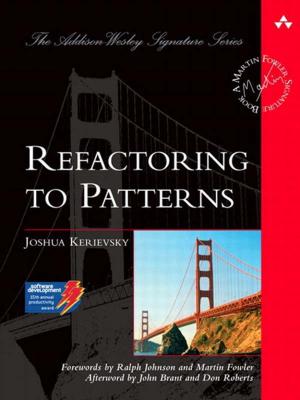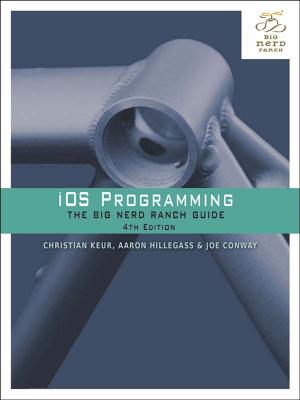Transport Processes and Separation Process Principles
Nonfiction, Science & Nature, Technology, Engineering, Chemical & Biochemical| Author: | Christie John Geankoplis, Daniel H. Lepek, A. Allen Hersel | ISBN: | 9780134181585 |
| Publisher: | Pearson Education | Publication: | May 2, 2018 |
| Imprint: | Prentice Hall | Language: | English |
| Author: | Christie John Geankoplis, Daniel H. Lepek, A. Allen Hersel |
| ISBN: | 9780134181585 |
| Publisher: | Pearson Education |
| Publication: | May 2, 2018 |
| Imprint: | Prentice Hall |
| Language: | English |
The Complete, Unified, Up-to-Date Guide to Transport and Separation–Fully Updated for Today’s Methods and Software Tools
Transport Processes and Separation Process Principles, Fifth Edition, offers a unified and up-to-date treatment of momentum, heat, and mass transfer and separations processes. This edition–reorganized and modularized for better readability and to align with modern chemical engineering curricula–covers both fundamental principles and practical applications, and is a key resource for chemical engineering students and professionals alike.
This edition provides
- New chapter objectives and summaries throughout
- Better linkages between coverage of heat and mass transfer
- More coverage of heat exchanger design
- New problems based on emerging topics such as biotechnology, nanotechnology, and green engineering
- New instructor resources: additional homework problems, exam questions, problem-solving videos, computational projects, and more
Part 1 thoroughly covers the fundamental principles of transport phenomena, organized into three sections: fluid mechanics, heat transfer, and mass transfer.
Part 2 focuses on key separation processes, including absorption, stripping, humidification, filtration, membrane separation, gaseous membranes, distillation, liquid—liquid extraction, adsorption, ion exchange, crystallization and particle-size reduction, settling, sedimentation, centrifugation, leaching, evaporation, and drying.
The authors conclude with convenient appendices on the properties of water, compounds, foods, biological materials, pipes, tubes, and screens.
The companion website (trine.edu/transport5ed/) contains additional homework problems that incorporate today’s leading software, including Aspen/CHEMCAD, MATLAB, COMSOL, and Microsoft Excel.
The Complete, Unified, Up-to-Date Guide to Transport and Separation–Fully Updated for Today’s Methods and Software Tools
Transport Processes and Separation Process Principles, Fifth Edition, offers a unified and up-to-date treatment of momentum, heat, and mass transfer and separations processes. This edition–reorganized and modularized for better readability and to align with modern chemical engineering curricula–covers both fundamental principles and practical applications, and is a key resource for chemical engineering students and professionals alike.
This edition provides
- New chapter objectives and summaries throughout
- Better linkages between coverage of heat and mass transfer
- More coverage of heat exchanger design
- New problems based on emerging topics such as biotechnology, nanotechnology, and green engineering
- New instructor resources: additional homework problems, exam questions, problem-solving videos, computational projects, and more
Part 1 thoroughly covers the fundamental principles of transport phenomena, organized into three sections: fluid mechanics, heat transfer, and mass transfer.
Part 2 focuses on key separation processes, including absorption, stripping, humidification, filtration, membrane separation, gaseous membranes, distillation, liquid—liquid extraction, adsorption, ion exchange, crystallization and particle-size reduction, settling, sedimentation, centrifugation, leaching, evaporation, and drying.
The authors conclude with convenient appendices on the properties of water, compounds, foods, biological materials, pipes, tubes, and screens.
The companion website (trine.edu/transport5ed/) contains additional homework problems that incorporate today’s leading software, including Aspen/CHEMCAD, MATLAB, COMSOL, and Microsoft Excel.


